MARKET OVERVIEW
The global healthcare virtual assistant market will experience changes that go beyond the limits of existing capabilities. With healthcare systems an increasing number of embracing virtual improvements, digital assistants will pass beyond easy conversational interfaces to grow to be clever partners that may handle state-of-the-art medical and administrative obligations. Their position will now not simply be restricted to booking or responding to affected person questions; as an alternative, they'll change into selection-help marketers, supplying clinicians with sophisticated insights even as continuing to offer personalized affected person care.
Over the following few years, these assistants will now not just respond with pre-programmed answers. They may be capable of interpret diffused health situations through herbal language processing and context-sensitive structures, promoting extra in-intensity interactions between sufferers and carriers. The future will witness such tools acting as a bridge between enormous health data repositories and the actual delivery of care, providing the assurance that information is delivered accurately, quickly, and in a manner that complements clinical judgment without flooding practitioners. This evolution will transform the way people encounter healthcare so that it becomes less fragmented and more continuous at all phases of treatment.
In addition to their interaction features, the global healthcare virtual assistant market will grow in areas such as chronic disease tracking, forecasted health warnings, and interoperability with smart medical equipment. They will turn into proactive actors, pre-empting patient needs even before symptoms become acute, cutting down on emergency interventions by a considerable margin. Hospitals and healthcare institutions will look at them not as discretionary add-ons but as intrinsic components for operational effectiveness and quality outcomes. This forward step will also enable higher levels of interoperability with electronic health records, giving even smoother data exchange that enables both patients and medical professionals.
The following phase of growth will not just expand patient-facing offerings but also revolutionize back-end processes. From handling administrative burden to automating insurance verification and compliance documentation, virtual assistants will lighten the load on human personnel without sacrificing accuracy in volume. As regulatory systems evolve to enable these innovations, the global healthcare virtual assistant market will emerge as a strategic bedrock for healthcare digitization, with benefits far exceeding convenience.
Future developments will also propel the global healthcare virtual assistant market towards personalized experience in care where virtual assistants adjust to patient individual profiles, cultural specifications, and health habits. They will use advanced analytics to provide recommendations that are not merely clinically relevant but also emotionally compassionate, leading to better treatment plan compliance and trust establishment. Ultimately, these advancements will lead to a healthcare setting where technology is an active partner and not just a passive device.
As the healthcare sector adopts these future opportunities, the global healthcare virtual assistant market will transcend traditional expectations and be a revolutionary driver influencing patient outcomes, operational models, and the nature of digital health interaction. The path forward will expand what is possible in the delivery of smart, accessible, and human-needs-oriented care.
Global healthcare virtual assistant market is estimated to reach $2,457.33 Million by 2032; growing at a CAGR of 15.6% from 2025 to 2032.
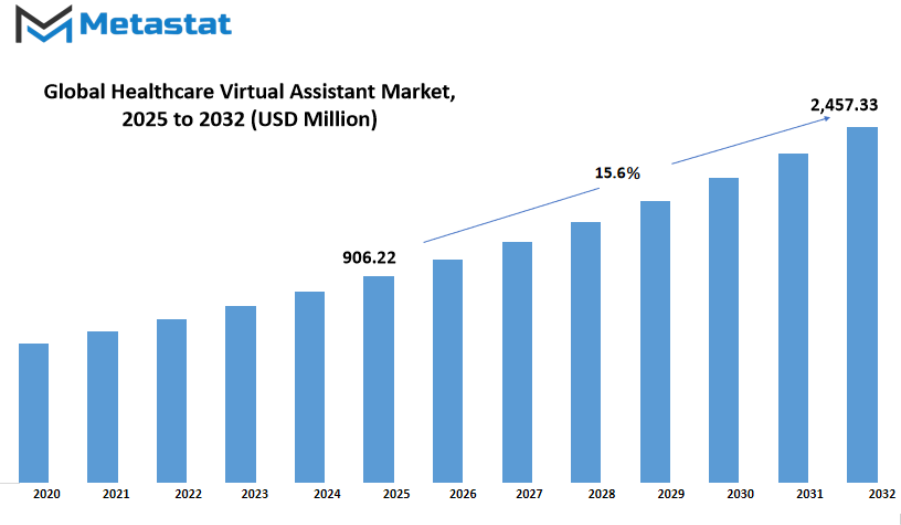
GROWTH FACTORS
The global healthcare virtual assistant market is receiving sizeable hobby as healthcare corporations hold to transport closer to more digital solutions for progressed patient care. The developing utility of synthetic intelligence within the subject of healthcare has performed an essential element in driving this fashion. AI-primarily based digital assistants are revolutionizing the manner healthcare services can be accessed by using patients via constant assist, answering trendy health-associated questions, and helping patients navigate through remedy plans. This adoption is not simply enhancing operational effectiveness for clinics and hospitals however additionally easing the load on healthcare experts with a view to cope with more important obligations.
Another big force propelling this marketplace is the growing need for remote affected person tracking. With the increase in continual situations and the requirement for common observe-ups, virtual assistants have become an easy choice for the ones preferring to get remedy from the comfort of home. Virtual assistants facilitate actual-time interaction among sufferers and physicians, providing timely intervention and better consequences. Remote tracking ease has additionally became out to be critical at some point of global fitness emergencies, whilst minimizing in-individual visits is crucial for protection.
Even with these advantages, the global healthcare virtual assistant market has its demanding situations that cannot be wished away. Data protection and privateness are nevertheless a proscribing aspect to mass adoption. Healthcare vendors and sufferers fear that their personal fitness records will be mishandled or susceptible to cyber attacks. Furthermore, the cost of installing and maintaining such sophisticated systems provides any other challenge, specifically to smaller healthcare centers with tight budget.
In the destiny, the global healthcare virtual assistant market has opportunities that could power it ahead. One of these opportunities is combining virtual assistants with telemedicine systems. This integration can provide an unbroken revel in in healthcare, in which sufferers can book appointments, talk over with medical doctors, and display prescriptions from a single platform. In addition, growth in emerging markets because of the growth of digital healthcare offerings is but some other possibility for growth. With more funding in digitalization internationally, digital assistants can be at the forefront of improving get entry to to pleasant healthcare and making it more handy and green to communities that have historically grappled with scarce scientific resources.
MARKET SEGMENTATION
By Product
The global healthcare virtual assistant market is developing hastily as increasingly demand is being raised for virtual answers in healthcare. Virtual assistants are being carried out in healthcare to improve patient engagement, lessen administrative burdens, and alleviate the workload of scientific professionals. Such tools offer a continuing method to manipulate appointments, offer reminders for medicine, and reply to frequent fitness-associated questions. While generation advances and fitness systems across the globe make efforts toward advanced accessibility and performance, that of digital assistants is an increasing number of taking center degree.
The biggest section in this category is smart audio system, whose value will be approximately $395.20 million. The devices enable sufferers to speak via voice commands, facilitating simpler acquisition of fitness data, appointment scheduling, and tracking of well being dreams. The convenience supplied with the aid of smart audio system has introduced them elevated reputation among customers who want fast and fingers-unfastened answers. Healthcare experts also are incorporating those gadgets to facilitate improved verbal exchange among scientific groups and sufferers.
Chatbots are another widespread component of the virtual assistant phase, capable of managing textual content-based interactions for distinct healthcare services. They provide instantaneous responses to regularly asked questions, help in symptom checking, or even guide customers through appointment booking. This phase is gaining traction as it reduces ready times and gives round-the-clock assistance, that's vital in a quarter where timely facts could make a large difference. Chatbots also are proving beneficial for healthcare groups in handling a massive volume of patient queries efficiently.
The growing application of natural language processing and artificial intelligence will further empower the abilities of such virtual assistants and make them more precise and customized. As individuals get used to using digital health solutions, these products will become the norm in patient care plans. Together, the overall global healthcare virtual assistant market is trending toward a future in which intelligent technology and people-focused healthcare collaborate to achieve improved results for both providers and patients.
By User Interface
The global healthcare virtual assistant market goes through a big buzz as scientific practitioners search for innovative way to beautify affected person care and operational effectiveness. Virtual assistants are becoming a critical component of present day healthcare structures due to the fact that they offer well timed and reliable help to each specialists and sufferers. They help in paintings together with answering inquiries, appointment scheduling, and supplying medication reminders, taking the workload off hospital team of workers and presenting sufferers with greater manipulate over their care procedure. As call for effective and low-cost answers will increase, digital assistants are transferring from being a discretionary tool to a requirement within the area.
Based on user interface, the global healthcare virtual assistant market is categorized into Text-to-Speech, Text-Based, Automatic Speech Recognition, and Others. All of those interfaces have their personal position in influencing the consumer experience. Text-to-Speech programs permit patients to talk greater naturally with the aid of paying attention to statistics rather than studying from it, for this reason rendering healthcare more reachable for those with visible impairments or analyzing problems. Text-Based interfaces are nevertheless preferred because of their simplicity and simplicity of get entry to since numerous customers experience at ease typing out their questions. Automatic Speech Recognition is turning into popular as it has voice command support, and this offers a faster and fingers-loose experience that is more personal and powerful.
The mixture of those interfaces is revolutionizing the verbal exchange among healthcare vendors and patients. Systems primarily based on speech popularity and textual content-to-speech technology are in particular beneficial for elderly sufferers or those with mobility troubles to receive the statistics they require while not having to grasp complicated systems. Text-primarily based assistants, but, are normally discovered in telehealth platforms and patient portals in which patients input their symptoms or questions and straight away get a solution. The integration of these technologies guarantees that diverse users with awesome desires and choices have open get right of entry to care.
In the future, the implementation of sophisticated user interfaces in digital assistants will in addition grow as healthcare organizations are seeking for to offer more personalized and extra convenient services. With increased cognizance of digital fitness blessings and increasing expectations for fast, simply available verbal exchange, these gear might be a norm in clinics, hospitals, or even home care settings. The variety of interfaces will mean that patients and providers will have several ways in which they can interact seamlessly, making healthcare not only more efficient but more human-focused.
By End User
The global healthcare virtual assistant market is experiencing massive boom as era keeps to transform the manner healthcare services are added and accessed. Virtual assistants in healthcare are designed to enhance communication, streamline processes, and offer timely aid to both patients and healthcare experts. These tools can solution queries, time table appointments, ship reminders, and even assist in monitoring health situations. With growing call for handy and personalized care, those assistants are becoming a treasured a part of the healthcare system, decreasing administrative burdens and improving usual efficiency.
When considering the market by cease person, healthcare providers represent one among the largest segments. Hospitals, clinics, and different clinical centers are using digital assistants to optimize workflows and manipulate affected person interactions. These tools assist group of workers shop time on recurring duties along with appointment reserving, documentation, and answering common questions. By decreasing repetitive administrative paintings, healthcare providers can awareness more on delivering fine care and enhancing affected person results. Additionally, digital assistants play a vital position in assisting telemedicine services, which have gained immense popularity in recent years.
Patients are every other key cease-user group profiting from healthcare digital assistants. With the developing use of smartphones and connected devices, patients now have get admission to assistants that assist them track medicines, manipulate chronic conditions, and get hold of timely fitness statistics. This level of engagement empowers individuals to take better control in their fitness whilst preserving smooth get admission to to clinical steering with out usually wanting an in-character visit.
Healthcare payers, together with coverage corporations and coverage administrators, also are turning to virtual assistants to enhance customer support and streamline operations. These assistants can answer policy-related questions, offer updates on claims, and guide customers via enrollment methods. By automating those interactions, payers can lessen name center workload and beautify consumer pride. Other give up customers, consisting of pharmaceutical companies and research agencies, also are exploring digital assistant answers to manipulate facts, speak with stakeholders, and guide scientific trials correctly.
Overall, the global healthcare virtual assistant market is expected to maintain growing as companies recognize its capacity to reduce fees, improve performance, and decorate person revel in. Each quit-person phase advantages in exclusive methods, but the not unusual aim stays the same—turning in available, dependable, and customized healthcare guide. As technology advances and person expectations rise, those digital assistants will play an increasingly essential role in shaping the future of the global healthcare virtual assistant market.
|
Forecast Period |
2025-2032 |
|
Market Size in 2025 |
$906.22 million |
|
Market Size by 2032 |
$2,457.33 Million |
|
Growth Rate from 2025 to 2032 |
15.6% |
|
Base Year |
2024 |
|
Regions Covered |
North America, Europe, Asia-Pacific Green, South America, Middle East & Africa |
REGIONAL ANALYSIS
The global healthcare virtual assistant market is experiencing strong growth as digital tools become more and more popular among patients and healthcare providers for communication, scheduling, and medical support. Virtual assistants are revolutionizing the delivery of care by streamlining administrative burdens and enhancing patient interaction. Such solutions enable users to quickly access information and provide real-time support, making healthcare efficient and accessible. The use of these tools is not confined to a single region but is spreading in various regions of the world with their own pace and emphasis according to technological preparedness and healthcare infrastructure.
North America is leading the healthcare virtual assistant market at present because of its robust digital infrastructure and early implementation of sophisticated technologies in the healthcare sector. The United States contributes the largest share in this growth, followed by Canada and Mexico. The presence of established healthcare systems and growing demand for personalized care is driving the adoption of virtual assistants in this region. AI-based solutions are being heavily invested in by healthcare organizations in North America to enhance patient experience and lower operating costs, which will remain a booster to the market in the forecast period.
Europe is also making steady inroads, with the UK, Germany, France, and Italy leading the way. The increasing emphasis on enhancing patient communication and meeting the requirements to decrease waiting times are a few of the drivers promoting adoption. European governments and private healthcare organizations are increasingly implementing virtual assistants to facilitate doctor-patient communication. With the growing aging population and greater focus on digital healthcare solutions, this region is going to play a major role in the world market.
The Asia-Pacific region is proving to be a promising market because of accelerated digitalization of healthcare systems across nations such as India, China, Japan, and South Korea. The increasing smartphone users and growing internet penetration are making virtual health assistants more accessible to the masses. Moreover, heightened awareness of telemedicine and remote healthcare services is fueling adoption in this region. Asian-Pacific countries will be expected to experience boosted growth as they spend more on healthcare technology as well as digital platforms over the next few years.
South America and the Middle East & Africa are also starting to adopt these solutions. In South America, Brazil and Argentina are the top nations that have embraced virtual assistants in healthcare, while the GCC countries, Egypt, and South Africa are leading the way in the Middle East & Africa region in using digital healthcare technology to advance patient care. While these markets are just beginning to implement, increasing demand for affordable and accessible healthcare services will provide new opportunities to expand the market in the future.
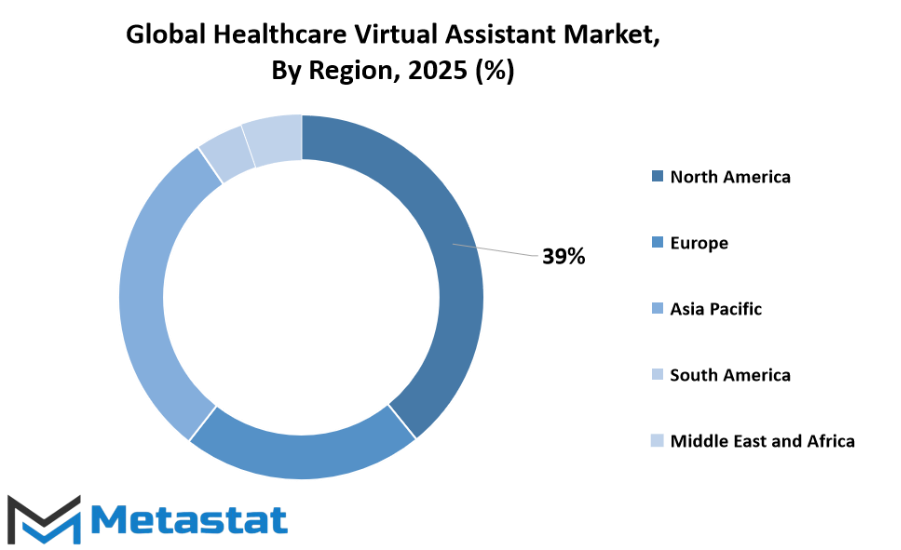
COMPETITIVE PLAYERS
The global healthcare virtual assistant market is gaining considerable traction as healthcare providers, clinics, and hospitals seek to enhance patient care and make operations more streamlined. Health virtual assistants aim to simplify communication between patients and professionals by providing appointment scheduling, reminders, guidance on medication, and even mental health assistance. This technology is becoming a critical component of contemporary healthcare systems since it lessens the administrative burden and facilitates patients in accessing timely information and support. With growing needs for digital solutions, healthcare virtual assistants will have an even larger role in making healthcare more accessible and efficient.
One of the primary reasons why healthcare virtual assistants have been gaining popularity is that they can take care of routine tasks that typically eat up precious time of physicians and staff. By processing routine questions, scheduling appointments, and giving immediate answers, these systems minimize waiting times as well as increase patient satisfaction. For patients, virtual assistants provide constant support, which is particularly convenient for residents in outlying areas or patients who need rapid advice without going to a hospital. These advantages appeal to healthcare providers and patients alike, paving the way for the technology to quickly get adopted globally.
Some of the biggest companies are paving the way in the global healthcare virtual assistant market. Major players are Microsoft, Nuance Communications Inc., Neolytix, Sensely, Sunknowledge, Infermedica, Temark International, Inc. (HELLO RACHE), MEDVA, VA.care, Amwell, Ginger, and IBM Watson Health. They are developing sophisticated solutions that are able to comprehend natural language, are compatible with electronic health records, and provide individualized patient experience. Others are emphasizing niche capabilities such as voice recognition and symptom checkers powered by AI, while others seek to enhance the patient experience overall by bringing together multiple services within a single platform.
As technology becomes more advanced, the application of healthcare virtual assistants will increasingly move into areas that are more sophisticated, including chronic illness care and mental health assistance. These assistants will not only accelerate healthcare services but also lower the cost for both providers and patients. Increased investment in artificial intelligence and machine learning will make these virtual assistants smarter, more precise, and more capable of anticipating patient needs. With such promise, the global healthcare virtual assistant market will go on to redefine the way healthcare services are provided, making them more efficient, patient-centric, and accessible than ever.
Healthcare Virtual Assistant Market Key Segments:
By Product
- Smart Speakers
- Chatbots
By User Interface
- Text-to-Speech
- Text-Based
- Automatic Speech Recognition
- Others
By End User
- Healthcare Providers
- Patients
- Healthcare Payers
- Other End Users
Key Global Healthcare Virtual Assistant Industry Players
- Microsoft
- Nuance Communications Inc.
- Neolytix
- Sensely
- Sunknowledge
- Infermedica
- Temark International, Inc.(HELLO RACHE)
- MEDVA
- VA.care
- Amwell
- Ginger
- IBM Watson Health
WHAT REPORT PROVIDES
- Full in-depth analysis of the parent Industry
- Important changes in market and its dynamics
- Segmentation details of the market
- Former, on-going, and projected market analysis in terms of volume and value
- Assessment of niche industry developments
- Market share analysis
- Key strategies of major players
- Emerging segments and regional growth potential



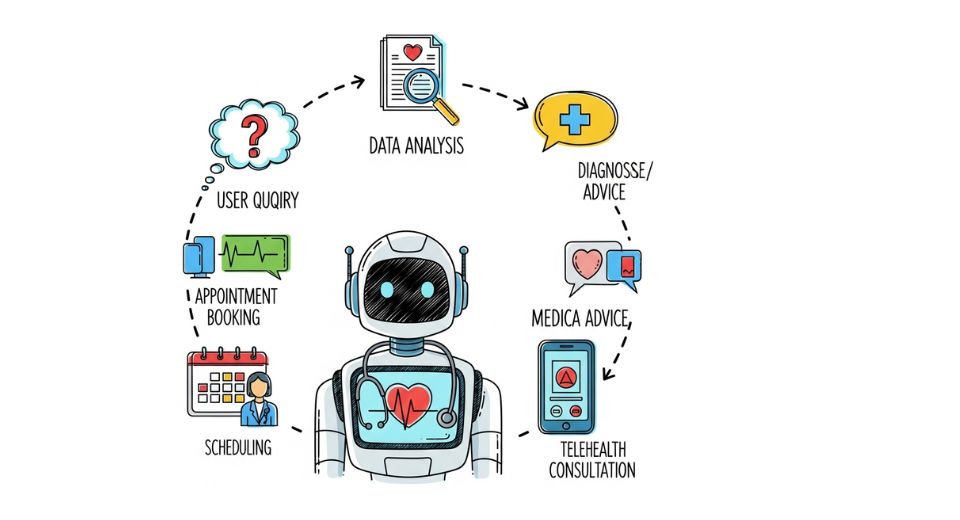
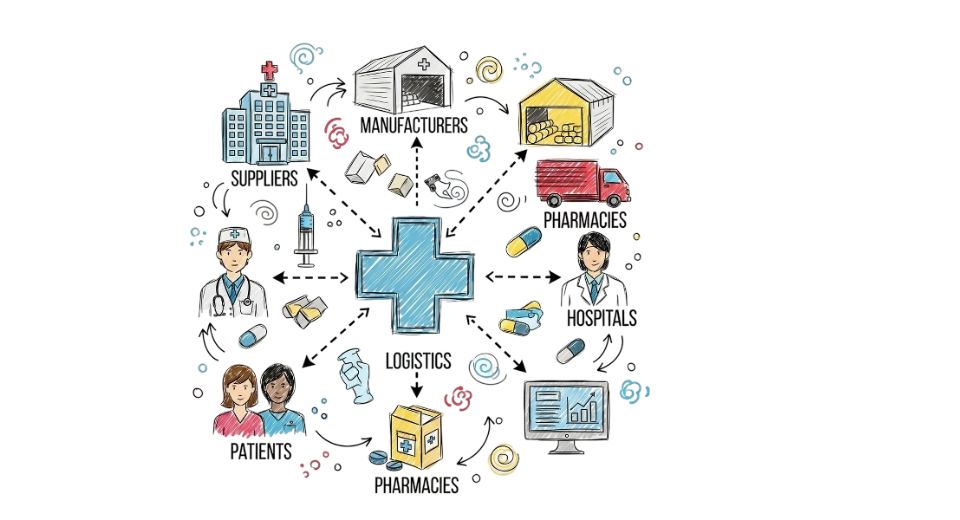
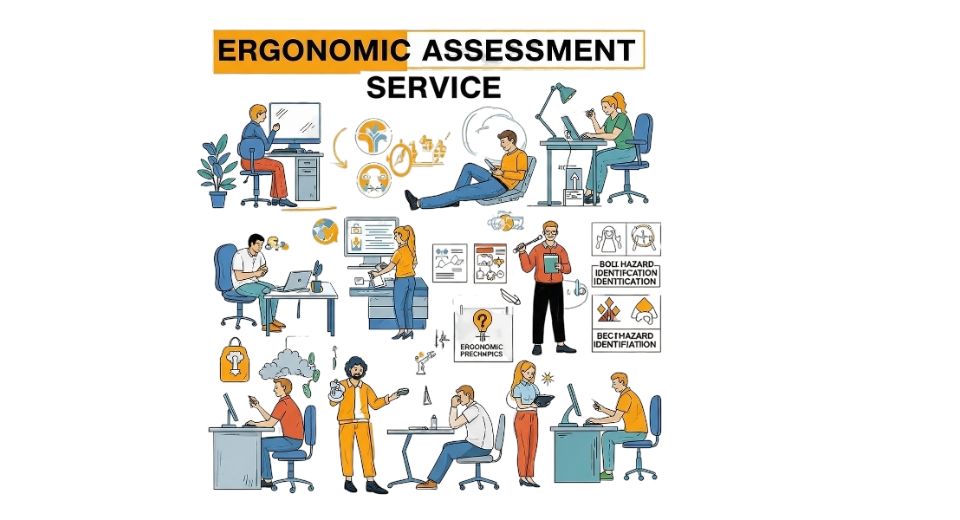

.jpg)




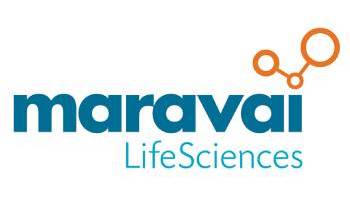



 US: +1 3023308252
US: +1 3023308252






